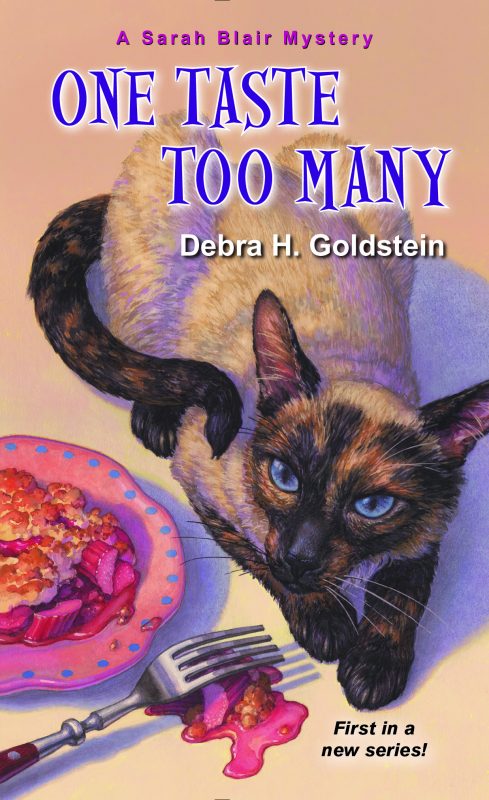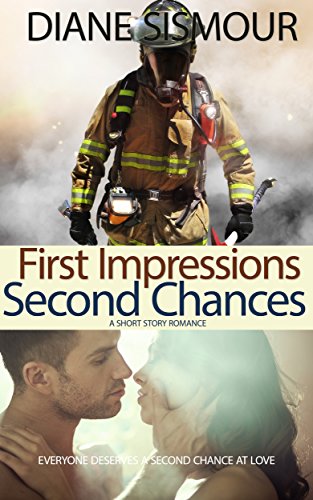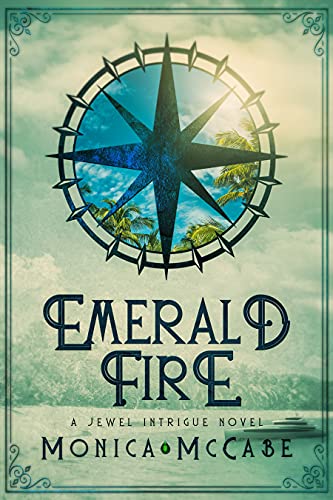
By Dianna Sinovic
It must have been at least one in the morning, the inkiness of the night now washed out by the full moon cresting the horizon. Sophie sat up and felt around her for her shoes. She’d been stargazing on the hill, the grassy spot beyond the embrace of the forest. With the moon up, the stars would soon fade until they were too faint to see. Sometimes she felt like that, diminished, dismissed.
Except that the full moon doesn’t rise at 1 a.m. or anywhere near that time. A full moon appears as the sun is setting, giving its full face to be illuminated.
Jeremy was hopelessly lost, and night was falling. He was walking on what seemed like an endless plain of snow, every direction the same. Zipping up his jacket until it was at his chin, he wished he’d remembered his watch cap. Already his ears felt numb. The sun was now just an orange glow on the horizon, and in the eastern sky, the slender form of a crescent moon had risen. He headed in that direction.
Except that a crescent moon doesn’t rise at sunset. A slender crescent is either in the eastern sky as the sun comes up. (It often shares the sky with the planet Venus, the “morning star.”) Or it’s in the western sky, following the sun down.
It’s easy to get the sun’s position correct when you write a scene. It rises in the morning and it sets in the evening. And on sweltering summer days it’s usually right overhead.
But the moon follows a different time keeper. And authors who don’t check the phases of the moon before adding them to their fiction risk yanking the reader out of the story. I have been stopped cold in otherwise compelling scenes by a moon depicted in a way that could never happen.
It doesn’t matter where in the world you set your story, the same astronomical parameters apply. (OK, the poles are different, both for the moon’s and the sun’s appearance.) The details aren’t hard to master. There are websites (NASA is an example) that will spell out the phases of the moon for you.
So when you’re fact-checking your draft, don’t forget to check the moon. Us astronomy geeks will thank you.
Of course, if you’ve set your story on another world, none of this applies. Instead, just be consistent with the rules of that world or universe. Double moons might be a nice touch.
Books by BWG
- About BWG
- Books from BWG
- About Sal
 Sally Paradysz wrote from a book-lined cabin in the woods beside the home she built from scratch. She was an ordained minister of the Assembly of the Word, founded in 1975. For two decades, she provided spiritual counseling and ministerial assistance. Sal completed undergraduate and graduate courses in business and journalism. She took courses at NOVA, and served as a hotline, hospital, and police interview volunteer in Bucks County, PA. She was definitely owned by her two Maine Coon cats, Kiva and Kodi.
Sally Paradysz wrote from a book-lined cabin in the woods beside the home she built from scratch. She was an ordained minister of the Assembly of the Word, founded in 1975. For two decades, she provided spiritual counseling and ministerial assistance. Sal completed undergraduate and graduate courses in business and journalism. She took courses at NOVA, and served as a hotline, hospital, and police interview volunteer in Bucks County, PA. She was definitely owned by her two Maine Coon cats, Kiva and Kodi.
Sal is missed by all who knew her.

Related
Affiliate Links
A Slice of Orange is an affiliate with some of the booksellers listed on this website, including Barnes & Nobel, Books A Million, iBooks, Kobo, and Smashwords. This means A Slice of Orange may earn a small advertising fee from sales made through the links used on this website. There are reminders of these affiliate links on the pages for individual books.
Search A Slice of Orange
Find a Column
Archives
Featured Books
SHORT and SWEET’S FAMILY ALBUM
Join these 60 authors as they share their families’ stories of grace, forgiveness, loyalty, respect, support, vulnerability, love, laughter, and faith.
More info →SEAGROVE SECRETS
With Shayla Harrison's dangerous ex leaving rehab and headed her way, she needs to find a safe house and fast.
More info →ONE TASTE TOO MANY
For culinary challenged Sarah Blair, there’s only one thing scarier than cooking from scratch—murder!
More info →FIRST IMPRESSIONS SECOND CHANGES
Everyone deserves a second change at love.
More info →EMERALD FIRE
Her family secret is stolen by pirates. His business is in jeopardy if he doesn’t find it.
More info →Newsletter
Contributing Authors
Search A Slice of Orange
Find a Column
Archives
Authors in the Bookstore
- A. E. Decker
- A. J. Scudiere
- A.J. Sidransky
- Abby Collette
- Alanna Lucus
- Albert Marrin
- Alice Duncan
- Alina K. Field
- Alison Green Myers
- Andi Lawrencovna
- Andrew C Raiford
- Angela Pryce
- Aviva Vaughn
- Barbara Ankrum
- Bethlehem Writers Group, LLC
- Carol L. Wright
- Celeste Barclay
- Christina Alexandra
- Christopher D. Ochs
- Claire Davon
- Claire Naden
- Courtnee Turner Hoyle
- Courtney Annicchiarico
- D. Lieber
- Daniel V. Meier Jr.
- Debra Dixon
- Debra H. Goldstein
- Debra Holland
- Dee Ann Palmer
- Denise M. Colby
- Diane Benefiel
- Diane Sismour
- Dianna Sinovic
- DT Krippene
- E.B. Dawson
- Emilie Dallaire
- Emily Brightwell
- Emily PW Murphy
- Fae Rowen
- Faith L. Justice
- Frances Amati
- Geralyn Corcillo
- Glynnis Campbell
- Greg Jolley
- H. O. Charles
- Jaclyn Roché
- Jacqueline Diamond
- Janet Lynn and Will Zeilinger
- Jaya Mehta
- Jeff Baird
- Jenna Barwin
- Jenne Kern
- Jennifer D. Bokal
- Jennifer Lyon
- Jerome W. McFadden
- Jill Piscitello
- Jina Bacarr
- Jo A. Hiestand
- Jodi Bogert
- Jolina Petersheim
- Jonathan Maberry
- Joy Allyson
- Judy Duarte
- Justin Murphy
- Justine Davis
- Kat Martin
- Kidd Wadsworth
- Kitty Bucholtz
- Kristy Tate
- Larry Deibert
- Larry Hamilton
- Laura Drake
- Laurie Stevens
- Leslie Knowles
- Li-Ying Lundquist
- Linda Carroll-Bradd
- Linda Lappin
- Linda McLaughlin
- Linda O. Johnston
- Lisa Preston
- Lolo Paige
- Loran Holt
- Lynette M. Burrows
- Lyssa Kay Adams
- Madeline Ash
- Margarita Engle
- Marguerite Quantaine
- Marianne H. Donley
- Mary Castillo
- Maureen Klovers
- Megan Haskell
- Melanie Waterbury
- Melisa Rivero
- Melissa Chambers
- Melodie Winawer
- Meriam Wilhelm
- Mikel J. Wilson
- Mindy Neff
- Monica McCabe
- Nancy Brashear
- Neetu Malik
- Nikki Prince
- Once Upon Anthologies
- Paula Gail Benson
- Penny Reid
- Peter Barbour
- Priscilla Oliveras
- R. H. Kohno
- Rachel Hailey
- Ralph Hieb
- Ramcy Diek
- Ransom Stephens
- Rebecca Forster
- Renae Wrich
- Roxy Matthews
- Ryder Hunte Clancy
- Sally Paradysz
- Sheila Colón-Bagley
- Simone de Muñoz
- Sophie Barnes
- Susan Kaye Quinn
- Susan Lynn Meyer
- Susan Squires
- T. D. Fox
- Tara C. Allred
- Tara Lain
- Tari Lynn Jewett
- Terri Osburn
- Tracy Reed
- Vera Jane Cook
- Vicki Crum
- Writing Something Romantic
Affiliate Links
A Slice of Orange is an affiliate with some of the booksellers listed on this website, including Barnes & Nobel, Books A Million, iBooks, Kobo, and Smashwords. This means A Slice of Orange may earn a small advertising fee from sales made through the links used on this website. There are reminders of these affiliate links on the pages for individual books.



































































